The flow of information, both internally and externally, presents tangible risks for businesses, here’s how to manage them
Businesses need to better manage the information and intelligence they receive as disinformation continues to be used by nation-states and other bad actors, a security risk expert has said.
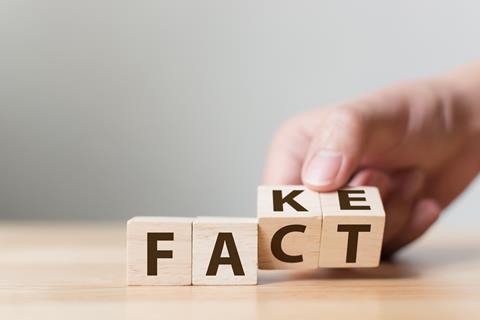
Speaking as delegates gathered in Manchester for the Airmic annual conference, James Woods, regional security director at International SOS said geopolitical threats created challenges for companies and their security.
The challenge is compounded, however, as information becomes an ever more valuable property.
Woods explained: “Has the world got more dangerous? No, it is not more dangerous, but we know a lot more about the dangers that exist.
“We do face more risk around the information that we have and receive. It might be misinformation or disinformation.
”How do you manage the communications and the information you provide to your staff”
“We have seen it in the conflict in Ukraine and during the pandemic we saw misinformation around issues such as vaccine efficacy and the roots of the pandemic as it continued.
“We have a 24/7 news media cycle, and we have a 24/7 social media cycle. What businesses need is timely, verifiable, and actionable intelligence which they can then use to make decisions.”
Woods said the challenge for business was not just external and that risk managers must also tackle misinformation within their organisations.
“How do you manage the communications and the information you provide to your staff,” he explained.
”You cannot simply shift focus to the immediate risk and lose the lessons of the past”
“The c-suite is becoming ever more involved in the crisis management process, and companies have to think about how and what they communicate with staff across all areas of their operations.”
He added that risk managers needed to ensure they did not forget the lessons learned from the pandemic as new threats emerged.
“You need to ensure you keep the muscle memory,” Woods explained. “What did we do right, what could we have done better, and what do we need to change.
”You may have asked yourself that post the pandemic, but you need to ensure that you keep that muscle memory and the systems in place for the next event. You cannot simply shift focus to the immediate risk and lose the lessons of the past.”
Airmic 2022: Preparing for the worst
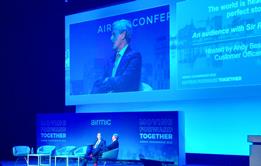
Why Europe must prepare for war with Russia if it is to excise the Putin regime and preserve peace
- 1
 Currently
reading
Currently
reading
Airmic 2023: risk managers must tackle the threat of disinformation
- 3
- 4
- 5
- 6
- 7
- 8
- 9
- 10


























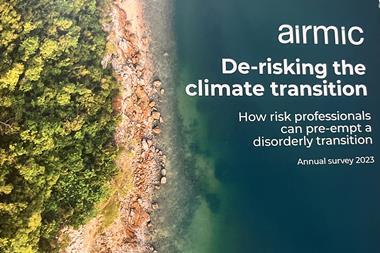
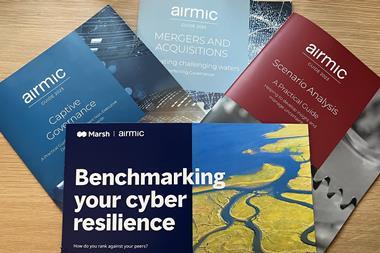
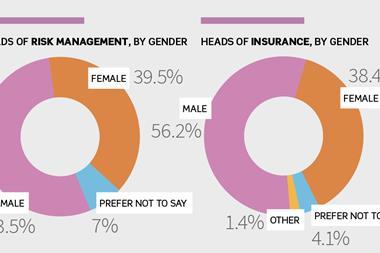
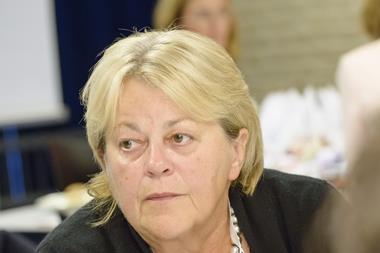



No comments yet